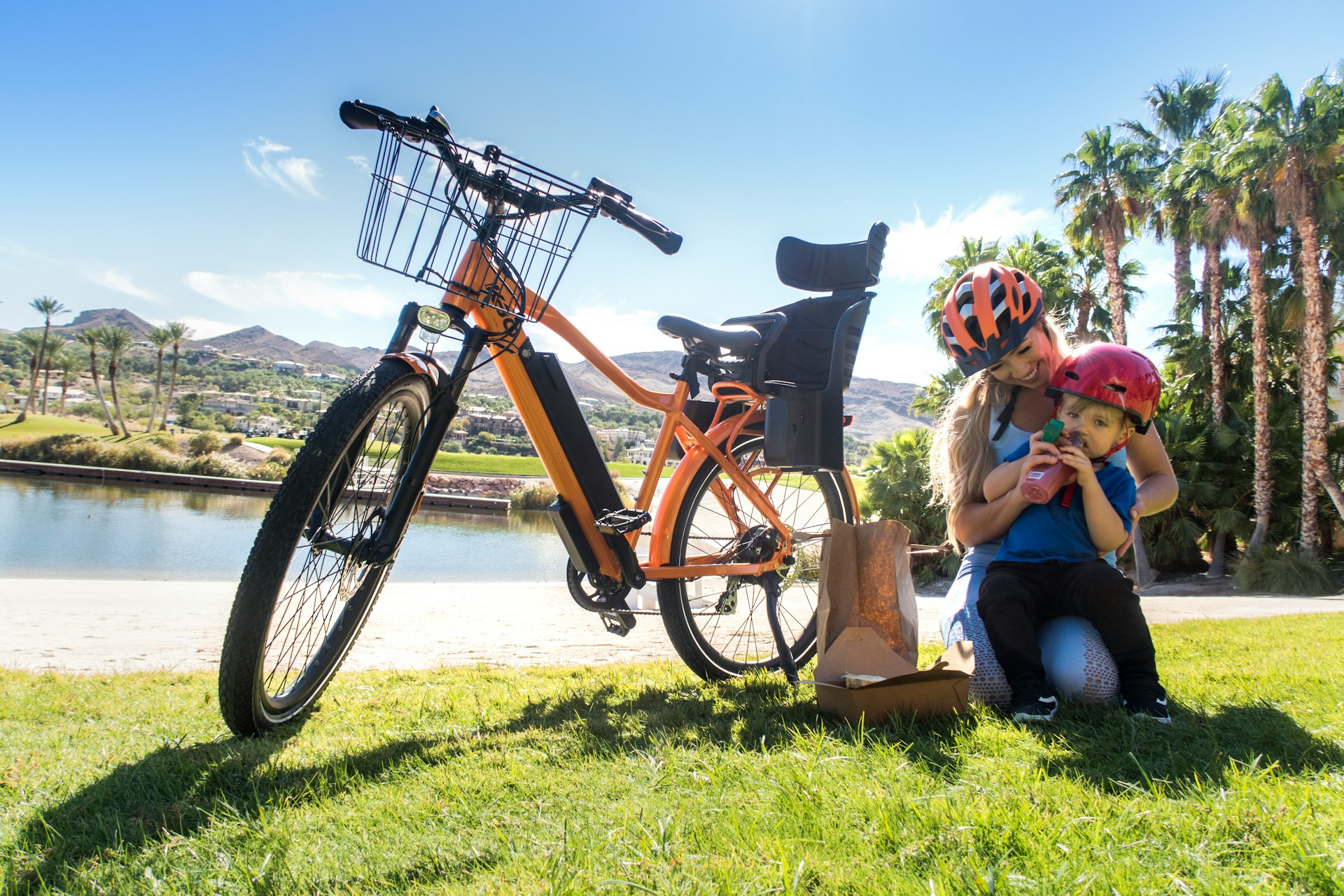Urban congestion and vehicle emissions are two of the biggest challenges facing modern cities. Surprisingly, a major contributor to both is something most drivers don’t think twice about: circling for parking. Studies show that drivers spend an average of 8–15 minutes searching for a spot in crowded urban areas, resulting in wasted fuel, lost time, and excess emissions.
But there’s a solution. Smart parking technology is transforming the way cities manage curb space and garages—reducing pollution, easing traffic, and improving the commuter experience. In this post, we’ll explore how innovations like smart meters, occupancy sensors, and dynamic pricing are making a measurable impact, and which cities are leading the charge.
1. What Is Smart Parking?
Smart parking refers to systems that use real-time data, sensors, and automation to manage parking supply and demand more efficiently. Key technologies include:
A. Smart Meters
Smart meters allow cities to:
- Accept mobile and contactless payments
- Track parking duration automatically
- Communicate with central systems for enforcement and data analysis
They eliminate the need for paper tickets and increase turnover by allowing dynamic pricing and timed sessions.
B. Occupancy Sensors
Installed in parking spaces or garages, these sensors:
- Detect when a space is occupied or vacant
- Feed real-time data into apps and signage
- Help drivers locate available spots quickly
Sensor-based systems reduce “cruising” by providing accurate space availability and navigation to the nearest open spot.
C. Dynamic Pricing
Also known as demand-based pricing, this model:
- Adjusts parking rates based on location, time of day, and demand
- Encourages short-term parking in high-demand areas
- Encourages turnover and deters long-term space hoarding
Cities use dynamic pricing to balance parking usage and reduce congestion in peak zones.
2. Environmental Impact: Less Circling = Fewer Emissions
When parking is hard to find, cars circulate in traffic-heavy corridors—burning fuel, releasing CO₂, and increasing local air pollution. According to a study by Donald Shoup, author of The High Cost of Free Parking, up to 30% of urban traffic in some areas is generated by people searching for parking.
By reducing this time:
- Fuel consumption drops
- Greenhouse gas emissions decrease
- Pedestrian and cyclist safety improves due to fewer unnecessary vehicle movements
- Noise pollution is reduced in high-traffic zones
Smart parking apps that display real-time availability help drivers go directly to an open spot, cutting down on both emissions and stress.
3. Cities Leading the Smart Parking Revolution
San Francisco, California – SFpark
- Launched in 2011, SFpark is one of the most cited smart parking initiatives.
- Uses dynamic pricing, real-time sensors, and parking availability apps.
- Reported a 30% decrease in circling time and significant reductions in both traffic congestion and GHG emissions.
Barcelona, Spain
- A global leader in smart city infrastructure.
- Uses IoT-based sensors to manage thousands of on-street spaces.
- Drivers can check real-time availability and pay via a unified app.
Los Angeles, California
- Adopted smart meters and demand-based pricing across downtown and major neighborhoods.
- Integrated with apps like ParkMobile and PayByPhone.
- Reduces time spent searching for parking and increases revenue transparency.
Amsterdam, Netherlands
- Offers a comprehensive digital parking system tied to license plate recognition.
- Drivers receive real-time updates and route suggestions to open spots.
- Combined with EV infrastructure and bike-first planning, this reduces overall vehicle impact.
4. How Drivers Benefit from Smart Parking
For the average driver, smart parking systems offer:
- Time savings by avoiding unnecessary driving
- Fuel savings from reduced idling and circling
- Simplified payment via app or card (no need for coins or paper)
- Real-time data that removes the guesswork from downtown parking
Apps like SpotHero, ParkWhiz, ParkMobile, and PayByPhone have integrated with smart parking platforms to deliver this functionality in many U.S. cities.
Smart parking is more than a tech upgrade—it’s a tool for urban sustainability. By reducing the time and fuel wasted searching for parking, cities and drivers alike benefit from cleaner air, less congestion, and better use of public space. As more municipalities adopt these technologies, the impact will only grow.For drivers looking to go greener, pairing smart parking apps with cashback tools can further reduce the cost of travel and incentivize more efficient behavior. It’s a win-win for your wallet—and the planet.



